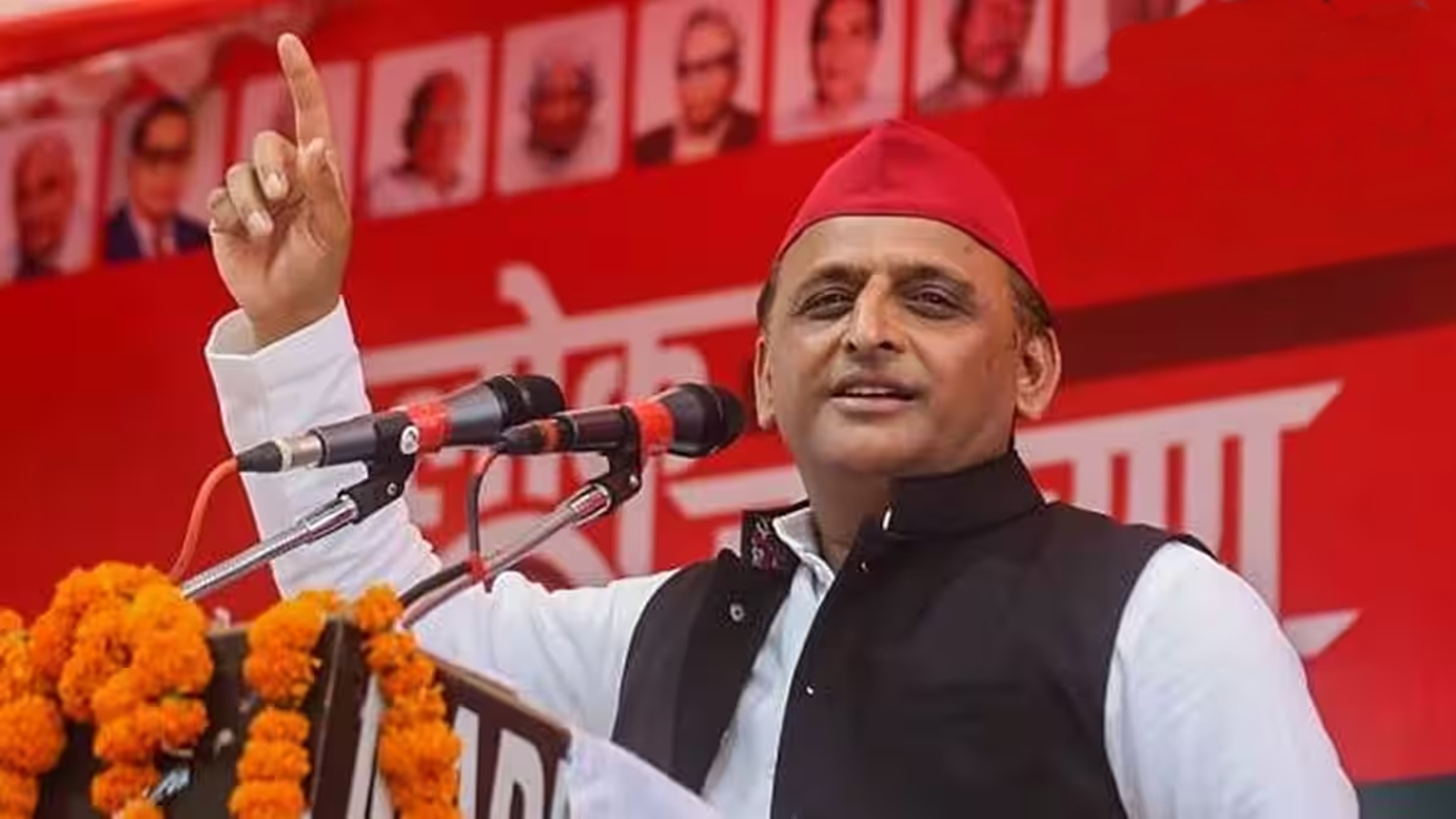The recent breakdown in seat-sharing talks between the Indian National Congress (Congress) and the Samajwadi Party (SP) in Uttar Pradesh (UP) has sent shockwaves through the political landscape of the state. Both parties, key players in the upcoming state assembly elections, had been engaged in negotiations to form a pre-poll alliance, aiming to consolidate anti-incumbency sentiments against the ruling Bharatiya Janata Party (BJP). However, despite prolonged discussions and apparent common ground on several issues, the talks ultimately collapsed, leaving both parties to chart their courses independently.
The failure of the Congress-SP seat-sharing talks has been met with disappointment and frustration by allies within the ‘INDIA bloc,’ a coalition of opposition parties aiming to challenge the BJP’s dominance in the state. Leaders from various regional parties, including the Rashtriya Lok Dal (RLD), the Bahujan Samaj Party (BSP), and others, have expressed concerns over the inability of the Congress and SP to forge a united front. They argue that a divided opposition will only benefit the BJP and hinder the chances of unseating the incumbent government.

SOURCE:- INDIA TODAY
One of the main sticking points in the negotiations was reportedly the distribution of seats, with both Congress and SP vying for a significant share of constituencies perceived as strongholds. Additionally, there were disagreements over the selection of candidates and the allocation of resources for campaigning. Despite concerted efforts by mediators within the ‘INDIA bloc’ to bridge the gap between the two parties, the differences proved insurmountable, leading to the collapse of the talks.
SOURCE:- BBC NEWS
The fallout from the failed seat-sharing talks has raised concerns about the unity and cohesion of the opposition alliance. With the elections looming on the horizon, there is growing apprehension that the absence of a unified front could dilute the anti-incumbency sentiment and divide the opposition vote, thereby playing into the hands of the BJP. Moreover, the inability of the Congress and SP to reach a consensus has sparked speculation about the broader implications for the future of the opposition coalition in UP and its ability to present a credible alternative to the ruling party.
In response to the breakdown of negotiations, leaders from the ‘INDIA bloc’ allies have called for a renewed focus on unity and collaboration among opposition parties. They emphasize the need to prioritize the larger goal of defeating the BJP in the upcoming elections and urge Congress and SP to set aside their differences for the greater good. However, with time running out and the political landscape becoming increasingly polarized, the road ahead remains uncertain for the opposition alliance in UP. As the state gears up for one of the most closely contested electoral battles in recent history, the fallout from the failed seat-sharing talks serves as a stark reminder of the challenges facing the opposition in its quest to dethrone the incumbent government.
Share your views in the comments

